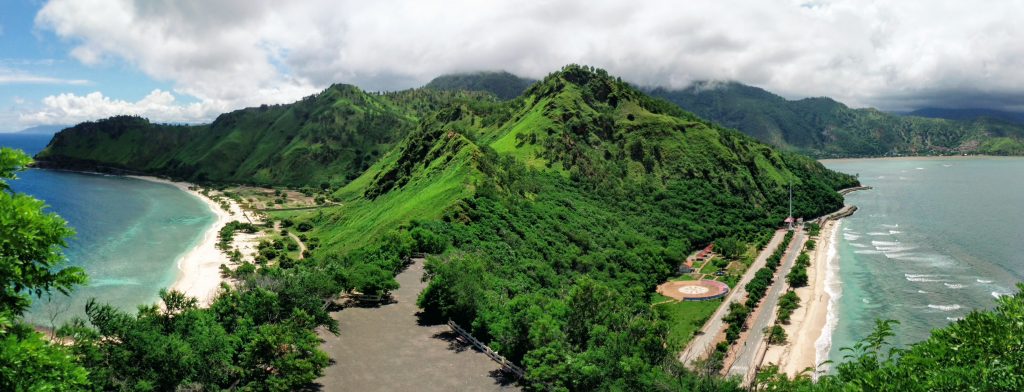
East Timor
East Timor, officially known as Timor-Leste, is a Southeast Asian nation located on the eastern half of the island of Timor, sharing the island with Indonesia. The country is bordered by the Timor Sea to the south and the Ombai Strait to the north. It has a population of approximately 1.3 million people and its capital city is Dili. Portuguese and Tetum are the official languages, reflecting the country’s colonial history under Portuguese rule, which lasted until 1975.
East Timor declared its independence from Portugal in 1975, but shortly after, it was invaded and annexed by Indonesia, leading to a long period of conflict. For 24 years, East Timor experienced occupation and a violent resistance movement, during which time it suffered significant loss of life and widespread destruction. Following a United Nations-supervised referendum in 1999, in which the majority of East Timorese voted for independence, the country became fully sovereign on May 20, 2002, making it one of the youngest nations in the world.
The country is predominantly Roman Catholic, with over 97% of the population adhering to the faith, making it one of the most Catholic nations in the world. Its economy is largely based on agriculture, with coffee being a major export, as well as oil and gas revenues from the Timor Sea. Despite these resources, East Timor faces challenges with poverty, limited infrastructure, and unemployment.
East Timor has a semi-presidential system of government, where the president is the head of state and the prime minister is the head of government. The nation’s political landscape has been shaped by figures like Xanana Gusmão, its first president, and José Ramos-Horta, a Nobel Peace Prize laureate and former president. The country is a member of international organizations such as the United Nations and the Community of Portuguese Language Countries (CPLP).
Stichworte
Quellen







